
When Is Enough Going to Be Enough… When Our Favorite Music Star Commits Suicide on The Stage?
The rock music scene has always been a hotbed of raw emotion, rebellion, and intensity, but in recent years, there’s been a glaring spotlight on the mental health issues plaguing some of its biggest stars. From Corey Taylor of Slipknot grappling with a public mental health crisis currently, to former child actor Corey Feldman’s erratic behavior on the Loserville tour this year, these incidents point to a larger, underlying problem in the world of rock music: the toll that fame, pressure, and personal struggles take on performers.

Corey Taylor and the Strain of Being a Frontman
Corey Taylor, frontman of Slipknot, is currently facing mental health challenges that have surfaced in the public eye. Known for his intense performances and emotionally charged lyrics, Taylor has long been open about his struggles with depression and anxiety. The pressures of maintaining his persona, leading one of the biggest metal bands in the world, and balancing personal issues have caught up with him. This recent mental crisis sheds light on how even those who appear strong and resilient can crumble under the weight of expectation and mental strain.
“The truth of the matter is, I understand why so many of you are upset. I’m just going to break it down for you,” explained the 50-year-old singer-songwriter, addressing fans’ disappointment toward the cancellation of concerts.
“I, over the last year, have had a complete and utter breakdown of boundaries, mental health, ego, entitlement, the whole nine yards culminating in a very, very real, very near relapse,” said Taylor. “I kinda don’t recognize myself.”
Taylor has often used his platform to talk about mental health issues, but his current crisis highlights the fact that even awareness and advocacy don’t make one immune to the challenges of mental health. Many rock musicians, like Taylor, carry the burden of their past trauma, self-doubt, and overwhelming pressure from fans, the industry, and themselves. The culture of “toughness” in rock doesn’t always allow for the vulnerability required to truly address mental health needs.
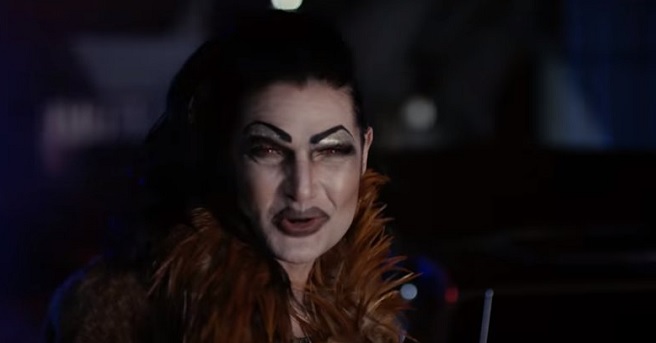
Corey Feldman: From Childhood Stardom to Bizarre Behavior
Corey Feldman’s story is a bizarre and tragic example of what happens when unresolved trauma and mental health issues go unchecked. Once a beloved child actor, Feldman has transitioned into a career as a rock musician, but his behavior onstage has raised eyebrows. Currently supporting Limp Bizkit on the “Loserville” tour, Feldman has been seen mocking his own band members and performing disjointed, exaggerated dance moves that seem out of place, even erratic. Fans and critics alike have pointed to his “Michael Jackson” style choreography, but with a bizarre twist that gives off a disconcerting vibe.
Feldman has long been open about his traumatic childhood experiences, including alleged ‘sexual abuse’ in Hollywood. This unresolved trauma may play a role in his current behavior, but his erratic performances could also point to deeper mental health issues that have not been properly addressed since he became a celebrity. His mocking of his own musicians and erratic stage presence could be symptoms of underlying issues, exacerbated by the high-pressure environment of the music industry.
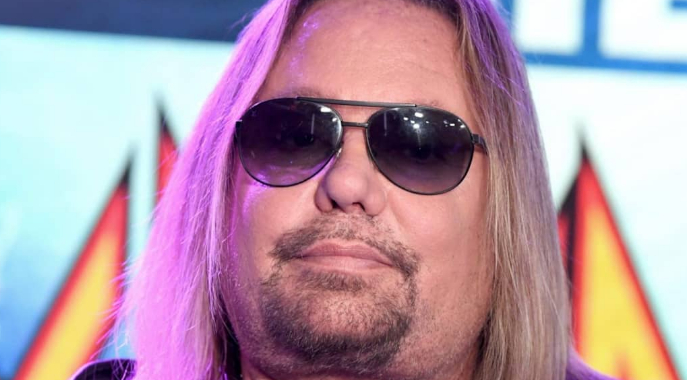
Vince Neil: The Decline of a Rock Legend
The case of Vince Neil, frontman of Mötley Crüe, also serves as a cautionary tale of what happens when mental health is neglected in the world of rock music. Known for his wild antics during the height of Mötley Crüe’s fame, Neil’s recent performances have taken a sharp turn. On multiple occasions, Neil has suffered what appear to be nervous breakdowns on stage, struggling to finish songs, falling off the stage, and quitting mid-performance.
In 2021, Neil abandoned treatment for alcoholism, which former Crue limo driver Al Bowman claims is a demon the singer cannot shake, even after friends in the biz like Ozzy attempted to get Neil help, yet he ditched out on facing the music like he always does.
Fans will recall the horrific 1984 drunk driving crash that saw Neil kill drummer Razzle of HANOI ROCKS band, and seriously injure others, after getting behind the wheel intoxicated.
Neil only served 15 days in jail. Word going around the rock world is that Neil has spun out of control and if he does not get help soon, some kind of detox or a shrink, he is not going to be around much longer.
His fluctuations in his weight, along with a swollen stomach despite having slimmed down in recent months, points to telltale signs of liver failure. A pot belly in someone his age most likely means he is suffering from cirrhosis.

Neil’s struggles are not new; the pressures of maintaining his image as the hard-partying, larger-than-life frontman have likely taken their toll on his mental health. As he has aged, the rock lifestyle he once embraced has left him physically and mentally exhausted. His public breakdowns are a sign that the industry still struggles to provide adequate support for artists who may be dealing with mental health challenges.
The problem has become so serious with Neil that he is not even in good enough shape to complete a full length Crue studio album right now, which had been planned for the past year. The band has “Cancelled” the outing and will release only a 3 song EP instead, after having been exposed for using backing tracks in concerts and AI in the studio to assist with Vince Neil’s damaged voice, that has been beaten down from not taking care of himself mentally and physically. Truth be told, AI is being used to cover up the problem at its core.
The Mental Health Crisis in Rock
These high-profile cases highlight a growing trend in rock music: artists are being allowed—or even expected—to struggle publicly, often with little to no intervention. Whether it’s the intensity of touring, the pressure of maintaining a persona, or the unresolved trauma from their pasts, mental health crises among rock stars are becoming increasingly visible.
What’s particularly concerning is the response from the industry. Rather than stepping in to support artists like Corey Taylor, Corey Feldman, and Vince Neil, many seem to look the other way. These musicians continue to perform, sometimes to the detriment of their own well-being, while fans, promoters, and the media perpetuate a culture of entertainment that overlooks the real human suffering behind the spectacle.

Conclusion: The Need for Mental Health Advocacy in Music
The rock and metal scenes have always prided themselves on being places where people can express their darkest emotions and frustrations. But without the right support structures in place, this can also be a breeding ground for mental health crises. It’s time for the industry to address these issues head-on, offering real resources and support for artists struggling with their mental health.
In a world where the show must go on, it’s important to remember that behind the personas and performances are real people who deserve help and compassion, not just applause or ridicule.
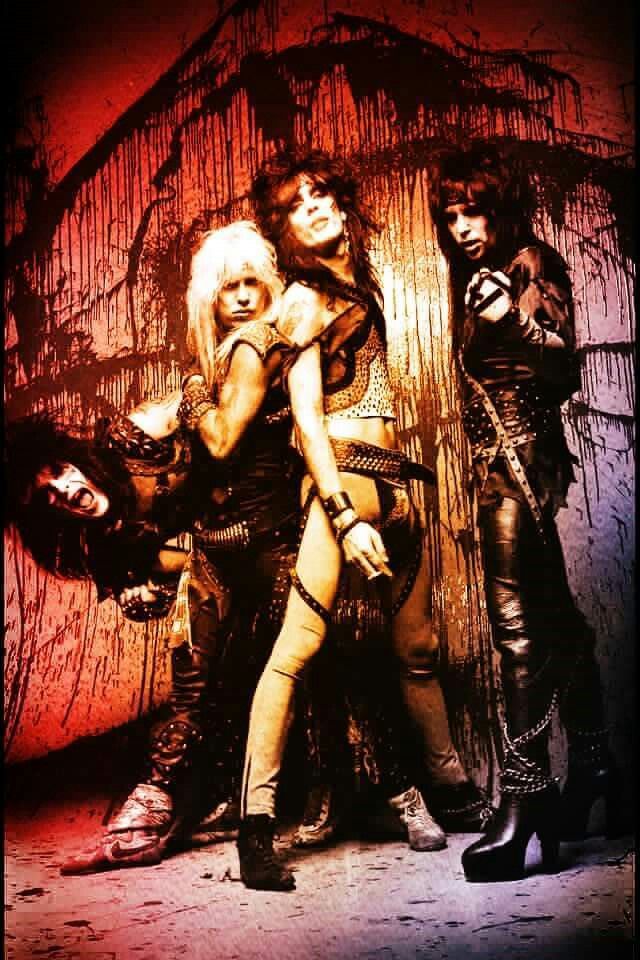
To read more of Rocket’s acclaimed #Truth reporting, check out:
MÖTLEY CRÜE: When The Devil Shouted Back, 3 Part Report



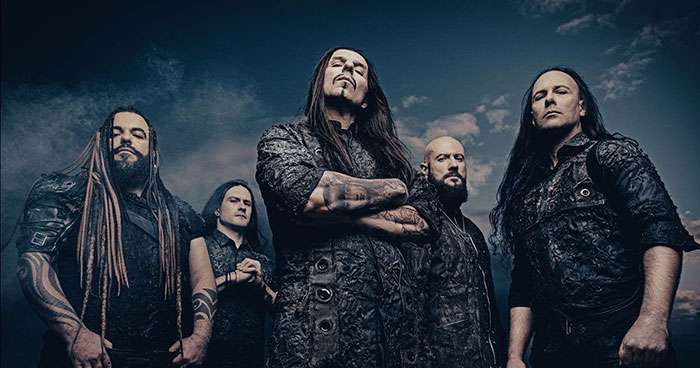
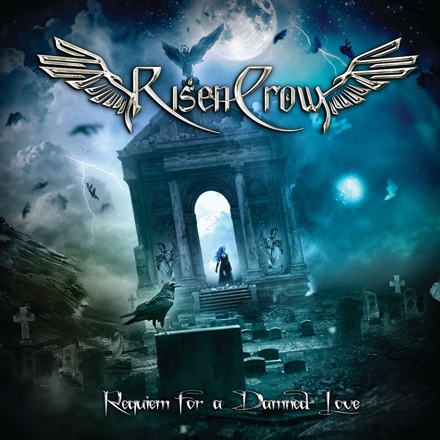

More Stories
Rocket of THE METAL DEN is a Lineal Descendant of Odin and Thor: “All royalty descends from the all-father!”
P. Diddy’s White Parties: The Criminal Connection with MÖTLEY CRÜE’s Tommy Lee
The Dark Side of Fame: How Substance Abuse in Rock Music Leads to Self-Harm & Physical Violence